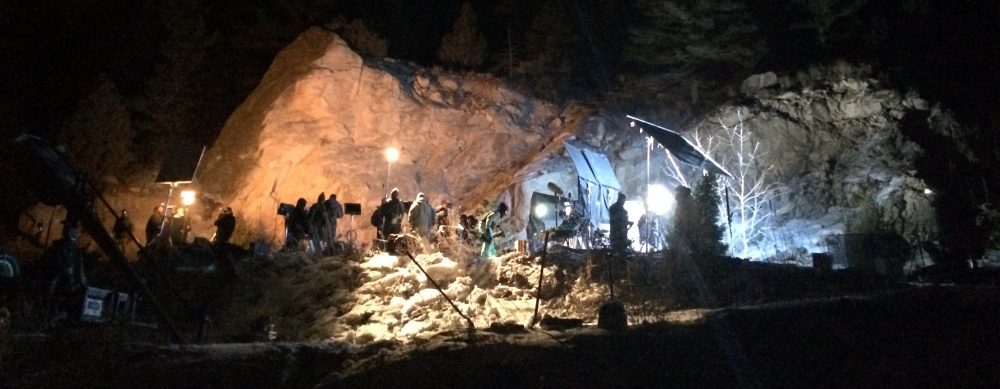The question I am asked the most is something like “I have $2,000 and I need a sound kit. What can I get?” The answer is of course, nothing. But for just under $6,000 you could get a barely adequate package
- a shotgun mic
- an interior mic
- a boom
- a mixer
- a recorder
- a wireless kit
Microphones:
What I own and totally recommend:
Lower end:
If you are serious about audio, please do not compromise here. Buy the good stuff. This is not where you want to save money because it effects everything in the audio chain. Continue reading



